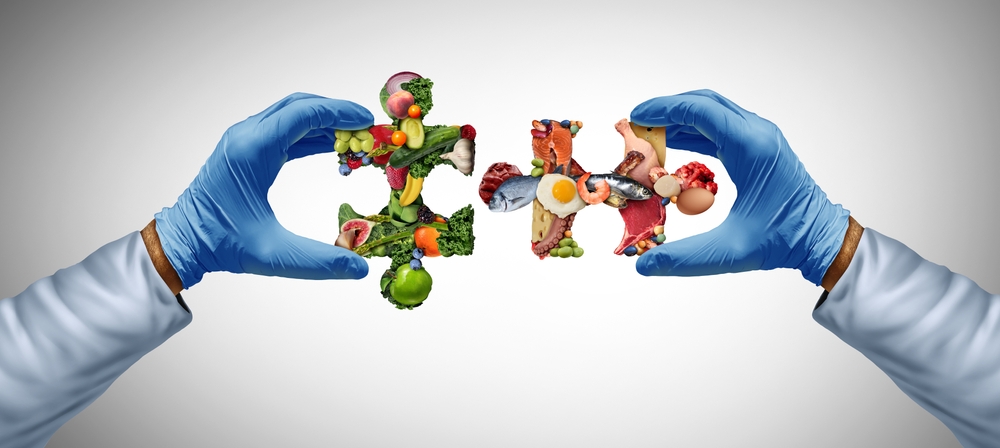
Living in North Port, Florida, means enjoying plenty of sunshine and warm weather, but for those dealing with dry eye syndrome, the climate can sometimes make symptoms worse. If you’ve ever felt like your eyes are constantly irritated, gritty, or tired by the end of the day, you’re not alone. Dry eye syndrome is a common condition that affects many people in our area, and while there are several treatment options available, nutrition plays a surprisingly important role in managing symptoms.
How Diet Affects Dry Eye
Your eyes rely on a delicate balance of tears to stay hydrated and comfortable. These tears contain a mix of water, oil, and mucus, and when something disrupts this balance—whether it’s aging, screen time, or environmental factors like Florida’s heat and humidity—dryness and discomfort can set in.
Certain nutrients have been shown to support eye health and improve tear production. If you’re struggling with dry eye, consider adding these key nutrients to your diet:
Omega-3 Fatty Acids
Omega-3s help reduce inflammation in the body, including the eyes. They also support the production of high-quality tears. Foods rich in omega-3s include:
• Fatty fish like salmon, tuna, and sardines
• Flaxseeds and chia seeds
• Walnuts
Vitamin A
Vitamin A is essential for maintaining a healthy tear film. Without enough of it, the eyes can become dry and more prone to irritation. Good sources include:
• Carrots
• Sweet potatoes
• Leafy greens like spinach and kale
Vitamin C
This antioxidant supports blood vessels in the eyes and helps reduce oxidative stress, which can contribute to dry eye symptoms. You’ll find vitamin C in:
• Oranges and citrus fruits
• Bell peppers
• Strawberries
Vitamin E
Vitamin E works alongside other antioxidants to protect eye tissues from damage. You can get it from:
• Nuts and seeds
• Avocados
• Sunflower oil
Zinc
Zinc helps deliver vitamin A from the liver to the retina, which supports tear production and overall eye health. Foods high in zinc include:
• Oysters
• Beef and poultry
• Beans and lentils
When to Seek Professional Treatment
While adjusting your diet can help with mild dry eye symptoms, some cases require more targeted treatment. If you’re experiencing persistent irritation, burning, redness, or blurry vision that doesn’t improve with at-home remedies, it’s time to see an eye doctor. Chronic dry eye can lead to more serious complications if left untreated, so it’s important to address symptoms early. We offer a range of advanced treatments for dry eye, including prescription eye drops, in-office procedures, and lifestyle recommendations tailored to your specific needs.
Find Relief for Dry Eyes at SeePort Optometry
Dry eye syndrome can be frustrating, but with the right approach—including proper nutrition and professional care—you don’t have to live with discomfort. If your symptoms persist despite lifestyle changes, it may be time to explore treatment options tailored to your needs.
At SeePort Optometry, we provide comprehensive dry eye evaluations and advanced treatment solutions to help you feel comfortable again. Visit our office in North Port, Florida, or call (941) 876-4400 to book a consultation today.









